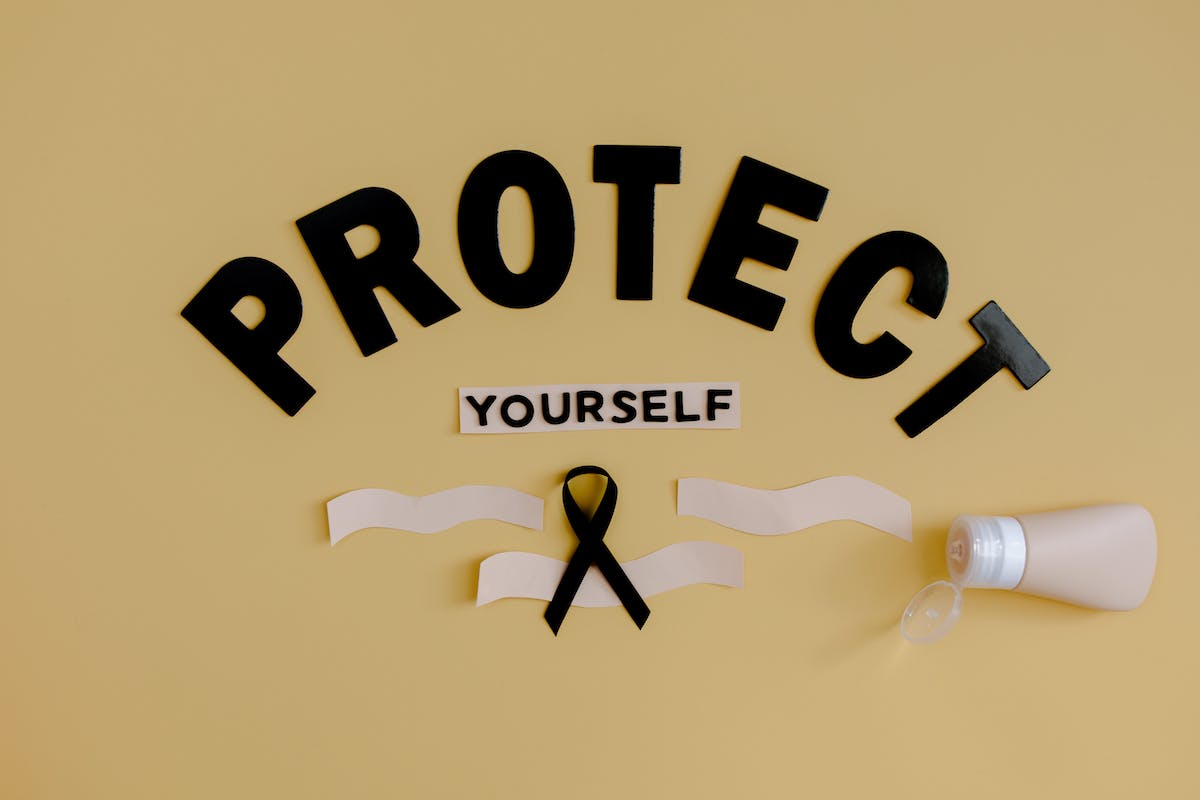Advertisement
Health
Some people are more prone to getting sick than others due to a variety of factors

Why Some People Get Sick More Often
Introduction: The Immune Game
Our immune system is an incredible network that keeps us healthy in a world full of microbes. Some people, however, seem to be down with the flu or some other bug more often than others. Why does this happen? There are a number of factors including genetics, diet, stress levels and sleep habits.
If you think about your immune system as a sports team, you start realizing the importance of each player. Your immune cells are constantly on the lookout for invading bacteria, viruses, and other threats. But just like any team, they can be led astray, become weak, or get overwhelmed.
In fact, your genetic makeup, lifestyle habits, exposure to germs, and even your mental state can influence how often you fall ill. Let’s explore these factors further.
Digging Deeper: Genetics
Just like we inherit physical traits from our parents, we also inherit elements of our immune system. Certain genetic variations are linked to more powerful immune responses; others may make you more susceptible to certain diseases. For instance, some people have a genetically-based immunity to specific illnesses like malaria.
The Jones family gives us a clear image of how genetics comes into play. Despite living under the same roof, eating similiar foods, and having almost identical routines, Mr. Jones rarely gets sick while Mrs. Jones frequently finds herself under the weather.
Nutrition: Feeding Your Body, Fueling Your Defenses
What you eat can greatly affect your immune response. Researchers have found connections between poor nutrition and increased disease vulnerability. Diets low in variety but high in sugar, unhealthy fats, and processed foods can weaken your body’s defenses, making you prone to infections.
Consider Maria, who loves her fast food and sweet treats. She’s constantly battling colds and minor infections. Her neighbor, Lucy, on the other hand, enjoys a balanced diet full of fruits, vegetables, and lean proteins, and she rarely gets sick.
The Role of Sleep: Recharge or Weaken Your Defenses
Sleep doesn’t just refresh your mind—it allows your immune system to recharge, too. During sleep, your body produces certain substances that help regulate immune function. Constant sleep deprivation can lead to impaired immune response, potentially leading to frequent and prolonged illnesses.
For instance, Sarah, a busy working mom, consistently prioritizes tasks over rest. She often battles with common colds. On the contrary, her friend Emma, who ensures she gets a good night’s sleep every night, hardly catches a cold.
Hygiene: Cleaning to Prevent Disease
Your personal hygiene habits can influence your exposure to germs and subsequently, your likeliness to fall ill. Regular hand washing, for example, is one of the most effective ways to prevent infections and minimize your exposure to pathogens.
Think of Tim, an active seven-year-old who never remembers to wash his hands nor cover his mouth when he sneezes. He’s always bringing home some kind of bug from school. His sister Jenny, however, always washes her hands before meals and carries hand sanitizer with her whenever she goes out. Jenny doesn’t get sick nearly as often as Tim does.
Stress Management: The Forgotten Factor
Chronic stress has been shown to weaken the immune system, making you more vulnerable to infections. When your body is stressed, it produces cortisol, which, in high levels, can suppress the immune system and induce inflammation.
Taking the case of Richard, a highly-stressed CEO who is often down with the flu despite living a life of luxury. In contrast, his yoga instructor wife Kate, who practices daily meditation and relaxation techniques, seldom falls ill.
After taking an in-depth look at the reasons why some people get sick more often than others, let’s summarise:
| Factor | Effect on Immune System |
|---|---|
| Genetics | Can make you either resistant or more susceptible to certain diseases |
| Nutrition | Poor diet can weaken defenses; balanced diet can strengthen them |
| Sleep | Lack of sleep impairs the immune system; adequate sleep strengthens it |
| Hygiene | Good hygiene prevents germ exposure; bad hygiene increases risk |
| Stress | Chronic stress weakens immune response; managing stress strengthens it |
Everyone’s body is different, so what works best for immune health will vary from person to person. However, maintaining a balanced diet, ensuring enough sleep, practicing good hygiene, and managing stress are universal aspects that everyone can work on to maintain a healthy immune system.












